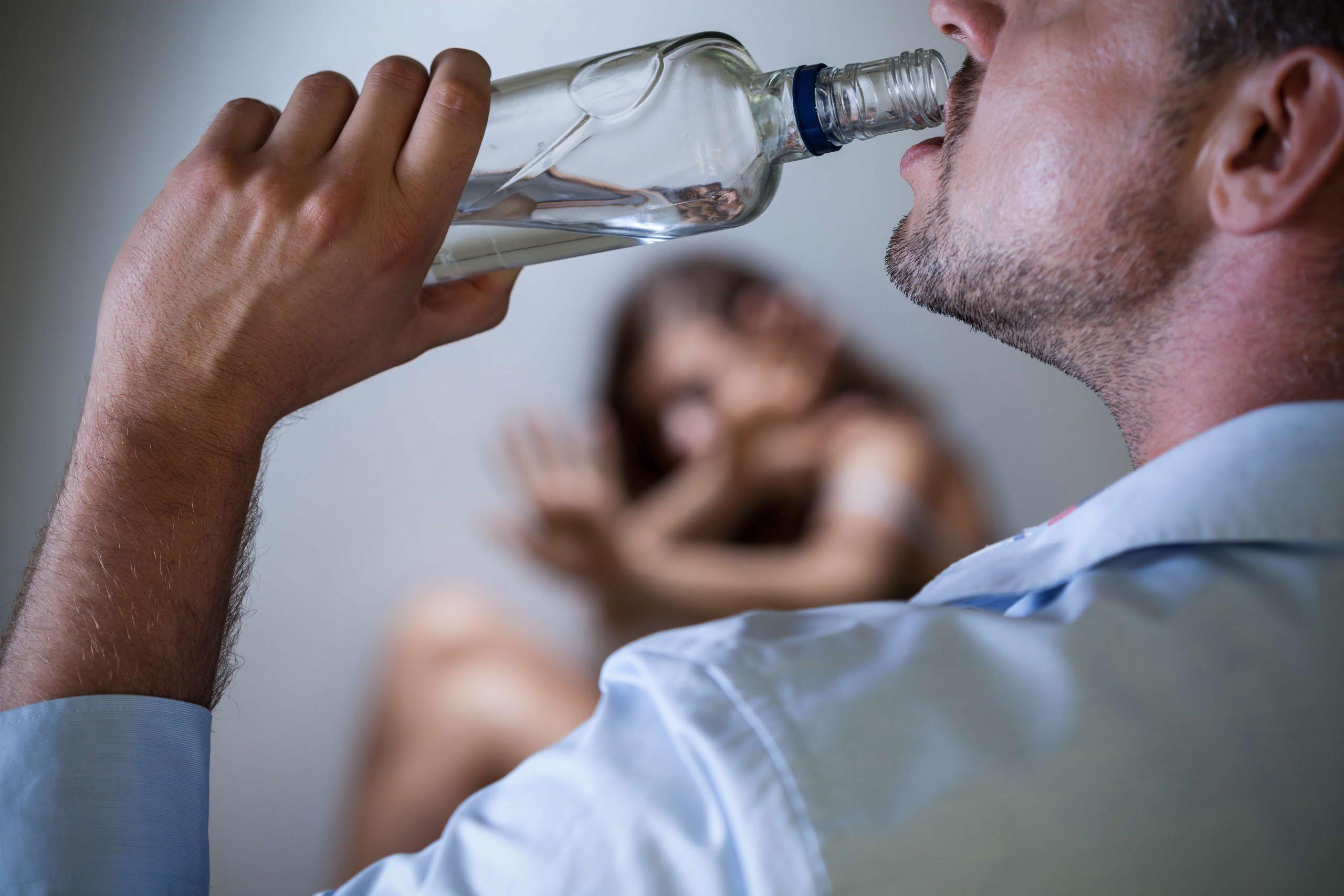Behavioral interventions, medications, and social support can all play a role in your https://boxalbums.com/alternative-rock/787741-mr.-bungle-california.html alcohol recovery. “These improvements can be observed not only in people who abstain from alcohol but in people who reduce heavy drinking,” Volpicelli says. The American Society of Clinical Oncology adds that limiting or quitting alcohol while you’re having cancer treatment may help you avoid complications. This includes cancer recurrence or the development of secondary primary tumors (SPTs). Quitting alcohol has a number of important mental health benefits.
Improved Liver Health
For example, research shows that people will see their stress levels, relationships, work performance, and self-confidence get better when they get sober. When you stop drinking, your skin gets more elastic and the redness and discoloration on your face will slowly fade. Hallucinations usually diminish after 7 days, though for some, they http://www.exploremyworldtravel.com/PortugalTravelGuide/portugal-accommodation-guide can last up to 1 month.
Your Liver Function Will Begin To Improve

Many people with alcohol use disorder also have other mental health conditions like depression, anxiety, bipolar disorder, or schizophrenia. Sometime between days 5 and 7, moderate to severe withdrawal symptoms typically lessen. Behavioral treatment programs are helpful for people who want to quit drinking. These programs involve working with a team of mental health professionals in a group and individual setting.

Alcohol Withdrawal
Sleep patterns stabilise resulting in more consistent and restorative sleep, which alone can have a https://thegodschildproject.net/samh-is-the-scottish-association-for-mental-health.html significant impact on our long-term health. Within the first few days of giving up alcohol, your body should begin to respond positively. Alcohol’s dehydrating effect starts to reverse, leading to improved hydration levels. Embarking on a journey of sobriety can have profound effects on your body, leading to positive changes over days, weeks, months, and years.
- Unstable vital signs increase the risk of complications and can be managed with medications.
- You will probably be well out of withdrawal and mostly recovered from the ordeal.
- When you quit drinking, you’ll probably notice that the colds, flu, and other illnesses you always seem to catch happen less often.
- For help quitting, resources are available from the Substance Abuse and Mental Health Services Administration (SAMHSA) or the National Institute on Alcohol Abuse and Alcoholism (NIAAA).
Exploring, in writing, what you find difficult and when you most want to drink can help you notice patterns that offer more insight into your alcohol use. Comparing the emotions that come up when you have a drink with the feelings you experience when abstaining also helps you recognize when drinking doesn’t fix the problems you’re trying to manage. Talk with a doctor to learn more about the safest ways to quit drinking alcohol. You can also learn about the options for in-patient recovery in this article.
You’ll have better liver function
- Alcoholic beverages are a source of added sugar and empty calories.
- There are certain brain chemicals called excitatory neurotransmitters that will stop doing their job when you drink, which can make you feel sleepy and sedated.
- Keep in mind the reasons you chose to cut back on or quit alcohol.
If you drink heavily for weeks, months, or years, you may have unwanted physical and mental symptoms when you try to stop. These symptoms, also known as withdrawal, can be mild or serious. Severe and complicated alcohol withdrawal requires treatment in a hospital — sometimes in the ICU. While receiving treatment, healthcare providers will want to monitor you continuously to make sure you don’t develop life-threatening complications.

- Alcohol can affect your liver, skin, and other areas of the body, in addition to your heart.
- Research shows people who have a supportive social network are more likely to remain alcohol-free after withdrawal.
- Although this can be temporary, people with alcoholism or habits of heavy drinking may suffer from long-term symptoms like high blood pressure, weakened heart muscles, irregular heartbeat, and more.
- A big part of alcohol recovery is taking steps to improve your lifestyle through changes like diet and exercise.
- Also, your risk of developing cardiovascular disease will start to decrease.
Alcohol and heavy drinking can cause long-term, negative impacts on the brain, including poor memory and slower reflexes. Over time, the brain can actually get used to the effects of alcohol, causing it to work harder and cause unpleasant or even dangerous withdrawal symptoms like tremors and heart palpitations. Symptoms can range from headache, elevated blood pressure, heart palpitations, and nausea and vomiting to tremors, hallucination and in severe cases death. While it may not be something you perceptibly notice, one huge health benefit from stopping alcohol will occur by your third week of not drinking.
Tips to Stop Drinking and Quit Alcohol
But maybe you’re unsure about quitting completely and don’t want to hold yourself to that goal. The team saw these results after adjusting for changes in diet, exercise and smoking, so the changes could be linked to people’s alcohol use. Start by talking to your doctor about how much alcohol you’ve been using and your plan to quit. It’s important that you work with your doctor when you’re ready to stop drinking rather than trying to do it alone.